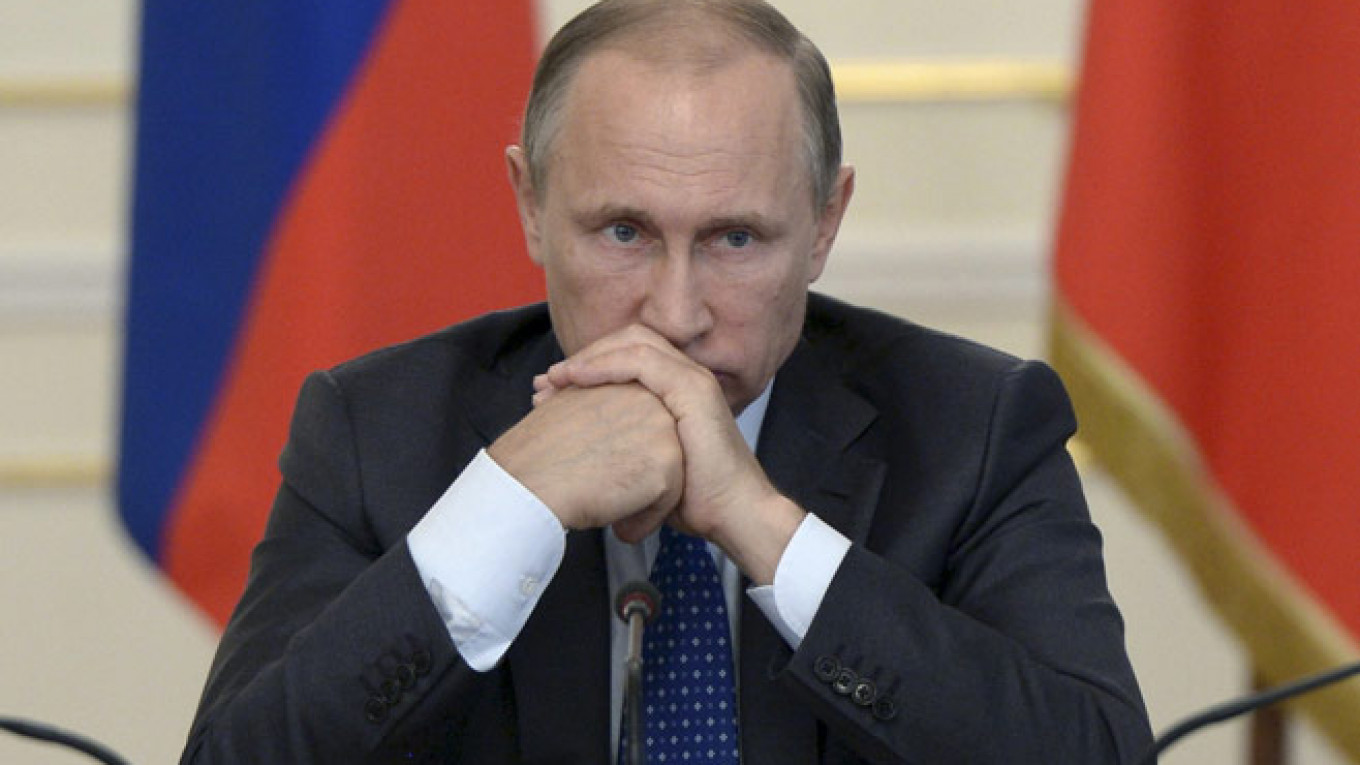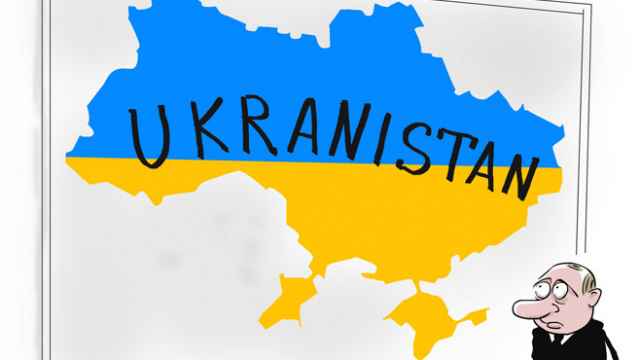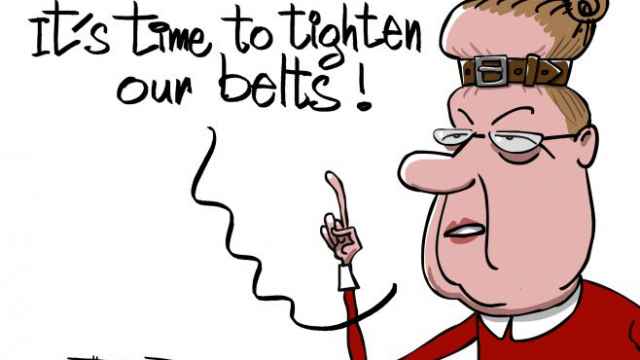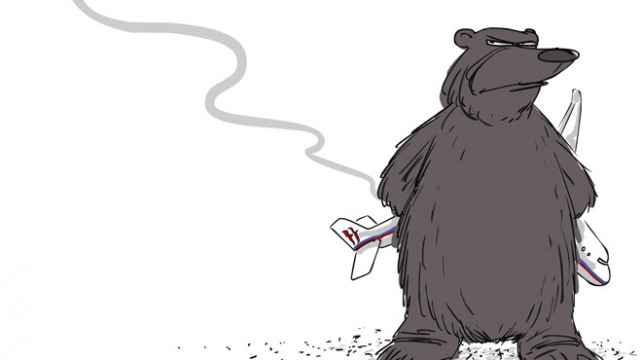On July 28, the office of the Russian prosecutor general declared the U.S. National Endowment for Democracy (NED) an "undesirable organization." From that day on, NED funds in Russian banks are to be frozen, Russian NGOs are prohibited from receiving NED grants, and participation in projects funded by the NED is a criminal offense punishable by a sentence of up to six years in prison.
At first glance the ban looks like just another in a long list of prohibitions on everything from operas to Dutch tulips. But it is really a profoundly symbolic act that shows the great arc the country has traversed in the last 30 years.
In the period just before Mikhail Gorbachev's perestroika, the country was walled off from the outside world by an "iron curtain" that did not let information, technology, medicines or goods through.
Soviet citizens lived as if they were on a remote island, decades behind the advances of civilization.
In those years, the newly formed NED supported emigre human rights groups, funding campaigns to help Soviet political prisoners and to publish literature that was banned in the Soviet Union.
Times changed but the focus of NED activities did not. The NED continued to provide funding for human rights activists who were working to improve conditions in penitentiaries or helping migrants. It also supported the independent media.
Theoretically, the authorities should have been grateful to the NED for helping activists expose countless crimes committed against LGBT activists, battered wives, conscripts who had been victims of bullying, and voters whose choices were not counted.
But the authorities saw it very differently. In the prosecutor general's announcement, this was all described as work "to call the results of electoral campaign illegitimate, to organize political actions with the goal of influencing decision-making bodies of power, and to discredit service in the Russian armed forces."
The declaration raises a great number of questions, politically and legally. What discredits the political system more — exposing election fraud or refusing to investigate it?
What is worse, hazing in the army and the illegal use of soldiers' labor to build officers' dachas, or a publication about it in the media?
Legally, if an organization's activities violate the law, then the organization must bear responsibility for it. But if its activities did not violate any laws but instead were aimed exclusively at preventing violations — then on what basis can it be declared "undesirable"?
Alas, in the existing legal framework everything is upside down. White is called black even by the Prosecutor General's Office.
The NED was the first foreign foundation declared "undesirable" from the list submitted to the Prosecutor General's Office by the Federation Council. Other candidates on the stop-list include Soros' Open Society Foundation, the John D. and Catherine T. MacArthur Foundation, and the Charles Stewart Mott Foundation.
All of these organizations have worked in Russia for many years and have done a great deal to support the non-commercial sector, fund scholars and institutions of higher learning, and publish books for scientific, university and school libraries.
The repercussions of this decision are already being felt.
In the Sverdlovsk region the local authorities have ordered that some history books published with support from Soros' Open Society in 1990 be removed from school libraries.
Before this step was taken, a long article was published in the Izvestia newspaper, denouncing as pro-Nazi several of the books on the history of World War II.
We seem to be witnessing an attempt to gradually restore the iron curtain that was the bane of life in the Soviet Union. How far the attempt will go is anyone's guess.
But it's clear that Russian citizens will suffer most.
Students won't have access to scientific and scholarly literature; children of migrants won't be able to study in either state schools or schools built for them by NGOs with NED funds; environmental organizations won't be able to protect parks and forest preserves; poor people won't have access to free legal advice.
And that's just the short list.
In the end, these measures will turn the country into an isolated island and do nothing but harm.
One of the most clear-cut lessons of history is that self-isolation is the most certain path to a country's decline and ruin.
This rule has held fast: in the 19th century self-isolation destroyed the powerful Chinese Empire, and in the 20th century it destroyed the Soviet Union in a mere 70 years, despite all the country's nuclear warheads.
In this era of globalization and information technology, the process might work even faster.
All the signs are that Russia is drawing closer to a dangerous line.
A few more steps and it could cross it to turn into North Korea. Those pushing the country along that path have one last chance to think about the consequences of their actions.
Victor Davidoff is a Moscow-based independent journalist and editor of the human rights website Chronicle of Current Events (ixtc.org).
A Message from The Moscow Times:
Dear readers,
We are facing unprecedented challenges. Russia's Prosecutor General's Office has designated The Moscow Times as an "undesirable" organization, criminalizing our work and putting our staff at risk of prosecution. This follows our earlier unjust labeling as a "foreign agent."
These actions are direct attempts to silence independent journalism in Russia. The authorities claim our work "discredits the decisions of the Russian leadership." We see things differently: we strive to provide accurate, unbiased reporting on Russia.
We, the journalists of The Moscow Times, refuse to be silenced. But to continue our work, we need your help.
Your support, no matter how small, makes a world of difference. If you can, please support us monthly starting from just $2. It's quick to set up, and every contribution makes a significant impact.
By supporting The Moscow Times, you're defending open, independent journalism in the face of repression. Thank you for standing with us.
Remind me later.








